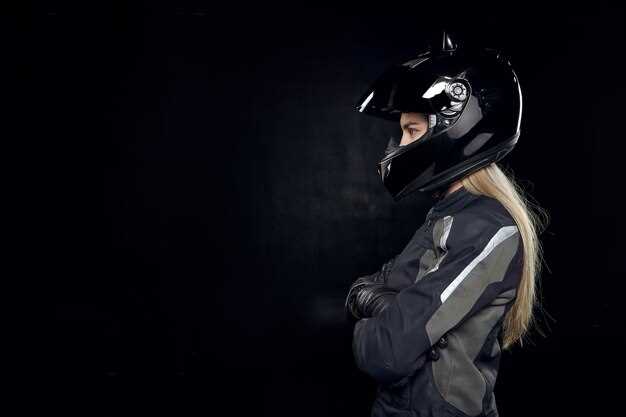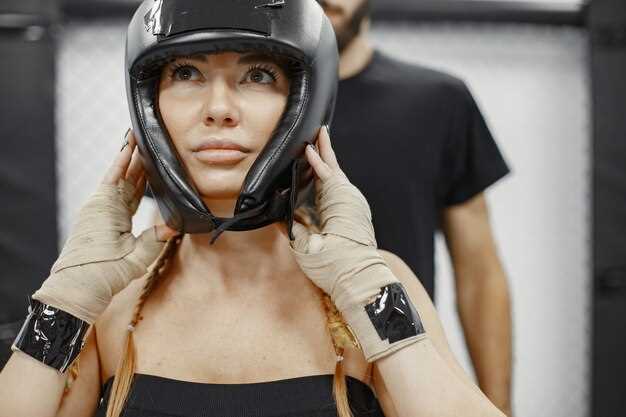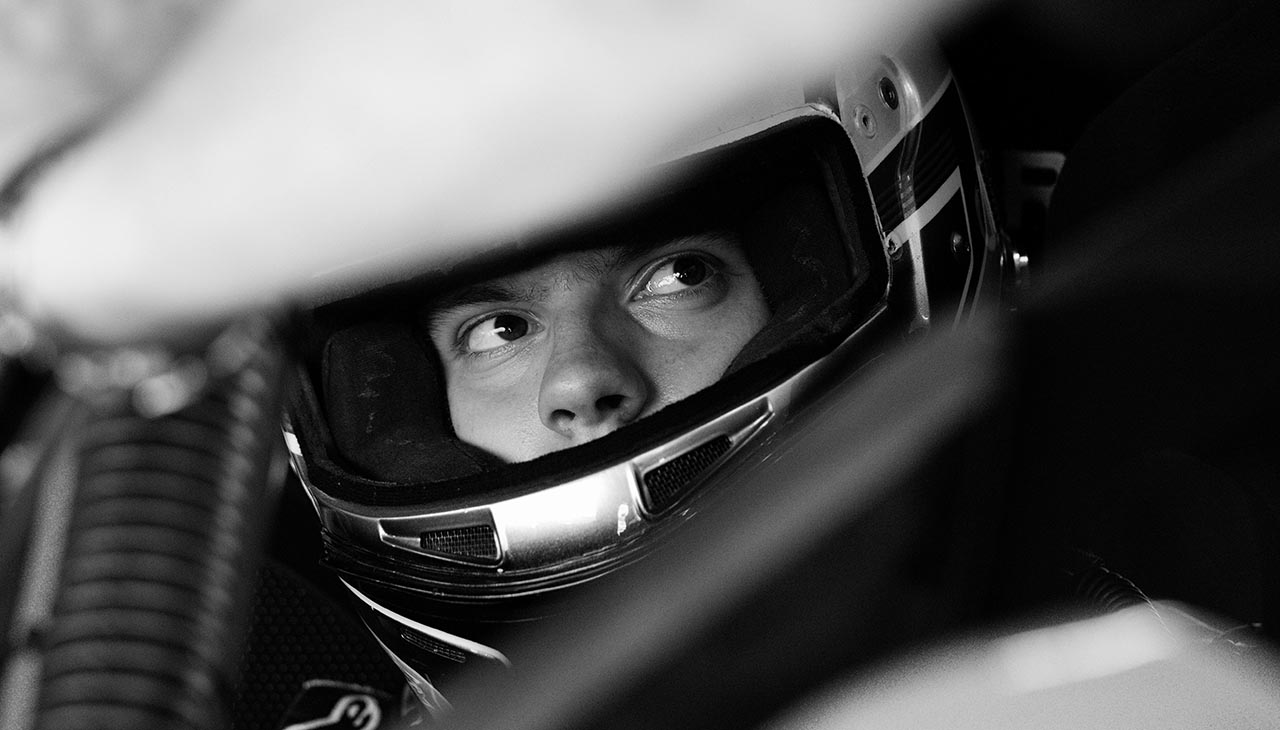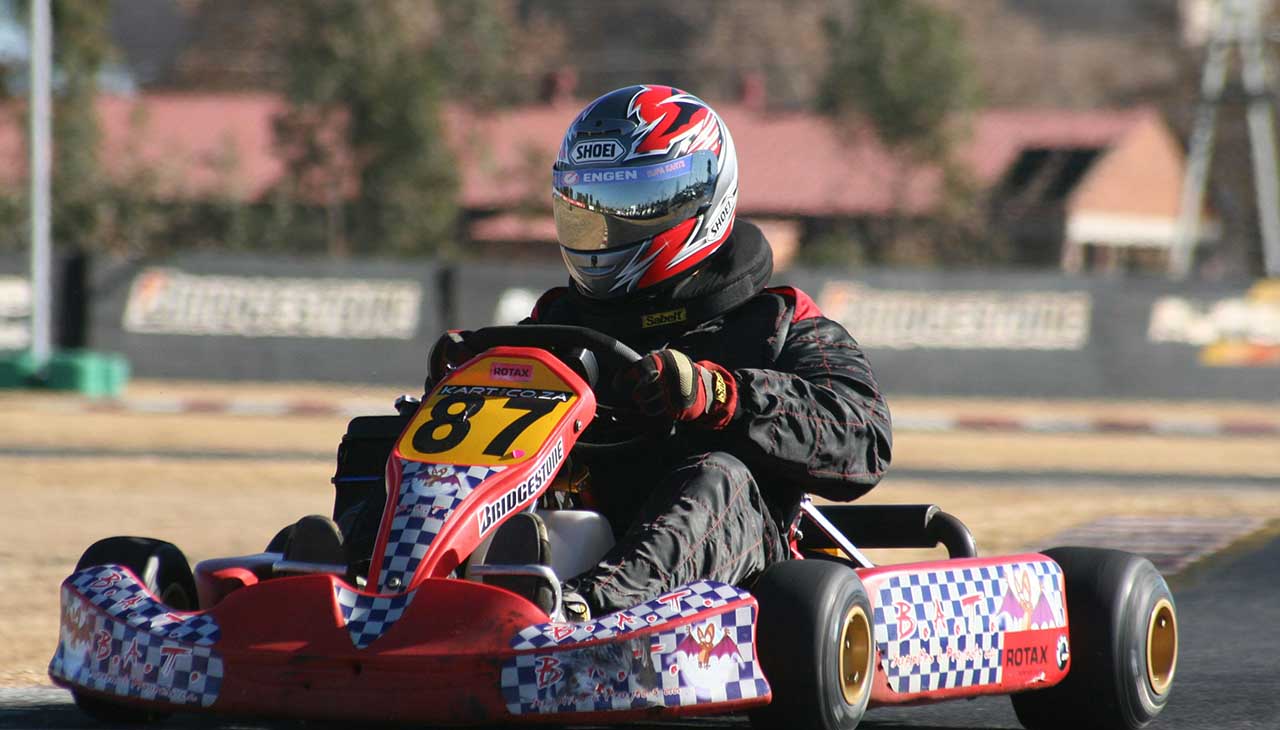
The world of motorsports has long been perceived as a male-dominated arena, with the roar of engines and the thrill of speed often overshadowing the contributions of women. However, as we delve into the history of this exhilarating sport, it becomes evident that female drivers, engineers, and team leaders have consistently shattered stereotypes and pushed the boundaries of what is possible. Today, we celebrate these pioneers who have not only excelled in their respective fields but have also paved the way for future generations.
From the early days of racing to the present, women’s involvement in motorsports has ranged from trailblazing racers like Marie-Claude Beaumont to contemporary champions such as Danica Patrick and Jamie Chadwick. Each of these women has faced unique challenges, yet their determination and skill have allowed them to rise above adversity and claim their place in the sport’s history. Their journeys exemplify resilience, inspiring countless young women to follow in their tire tracks.
In recent years, initiatives aimed at promoting diversity and inclusion in motorsports have gained momentum. Organizations and teams have recognized the importance of fostering an environment where women can thrive, resulting in increased visibility and opportunities. This article will explore the significant milestones achieved by women in motorsports, showcasing their remarkable stories and highlighting the impact they have made in breaking down barriers.
Trailblazing Female Drivers: Case Studies of Success

Throughout the history of motorsports, several female drivers have emerged as pioneers, breaking barriers and achieving remarkable success in a predominantly male-dominated field. These women not only excelled in their craft but also inspired future generations of female athletes to pursue careers in racing. This section highlights three seminal figures: Danica Patrick, Lyn St. James, and Michele Mouton.
Danica Patrick is perhaps one of the most recognizable names in motorsports. She made history in 2008 by becoming the first woman to win an IndyCar Series race. Patrick’s breakthrough moment came at the Indy Japan 300, where she showcased her skill and determination. Her success extended beyond open-wheel racing; she transitioned to NASCAR, where she became the first woman to lead laps in the Daytona 500 and the first to earn a pole position for a Sprint Cup Series race. Patrick’s influence on the sport is monumental, as she not only challenged gender stereotypes but also expanded the audience’s interest in female racers.
Lyn St. James carved her path in endurance racing and became a formidable competitor in the Indianapolis 500. Her journey began with local races, which eventually led her to participate in multiple 500-mile races at the legendary Indianapolis Motor Speedway. In 1992, she was named the Indianapolis 500 Rookie of the Year, an honor that recognized her exceptional performance and resilience. St. James has since dedicated her life to mentoring young female drivers through the Lyn St. James Foundation, aiming to promote diversity and opportunity in motorsports.
Michele Mouton was a trailblazer in rally racing. As one of the first women to compete at the highest levels of the sport, she won four World Championship rally events during the early 1980s and was a significant contender in the World Rally Championship. Mouton’s tenacity was evident when she finished second overall in the 1982 championship, a feat that remains unmatched by any other female driver in history. Her success not only earned her accolades but also paved the way for future female competitors in a sport known for its rigorous demands and extreme challenges.
These case studies highlight the significant achievements of female drivers who have not only reached personal goals but have also transformed the landscape of motorsports. Their legacies continue to inspire and motivate aspiring racers, fostering a more inclusive environment in the world of motorsports.
Overcoming Industry Challenges: Support Systems for Women in Motorsports
Women in motorsports face numerous challenges, from gender biases to limited access to funding and resources. However, a variety of support systems are emerging to help navigate these obstacles, fostering a more inclusive environment in the industry.
One significant resource is mentorship programs, where experienced professionals guide young women through their careers. Organizations like Women in Motorsports North America (WIMNA) connect aspiring female racers and engineers with established leaders, providing invaluable insights and encouragement.
Networking platforms also play a crucial role in supporting women. Events and workshops tailored to women in motorsports facilitate connections, enabling participants to share experiences, learn from one another, and build professional relationships. These networks often lead to collaboration on projects, sponsorship opportunities, and job placements.
Moreover, various sponsorship initiatives specifically aim to elevate female talent. Corporations increasingly recognize the importance of diversity in motorsports and are investing in female drivers and technicians. Programs like the “Women’s Global Rally Championship” not only provide financial backing but also elevate visibility for female participants, inspiring the next generation to pursue careers in this field.
Education and training initiatives focusing on STEM (science, technology, engineering, and mathematics) are also vital. Programs designed for girls and young women encourage participation in automotive engineering and technology. By equipping them with essential technical skills and knowledge, these initiatives help break down the barriers that often prevent women from entering the motorsport domain.
Community support plays an essential role as well. Online forums and social media groups dedicated to women in motorsports create a space for sharing challenges and triumphs. Such communities foster solidarity, providing emotional support and practical advice, while amplifying women’s voices in a traditionally male-dominated industry.
In summary, through mentorships, networking opportunities, targeted sponsorships, educational programs, and community engagement, women in motorsports are overcoming significant barriers. These support systems not only empower individual athletes and professionals but also contribute to the progressive evolution of the entire motorsport industry.
The Future of Women in Racing: Innovations and Opportunities Ahead

The landscape of motorsports is undergoing a significant transformation, paving the way for women to take on more prominent roles within the industry. With advancements in technology, increased emphasis on diversity, and the establishment of targeted support programs, women are poised to break through traditional barriers in racing.
Innovations in vehicle design and engineering have opened doors for young female drivers. With the rise of electric vehicles and motorsport series focusing on sustainability, women are increasingly entering these areas of racing. Initiatives focused on technology and engineering, such as programs designed to attract girls into STEM fields, are empowering the next generation of female engineers and designers. This shift not only broadens the talent pool but also allows women to occupy critical roles that influence the future of racing.
The introduction of diverse racing teams and leagues dedicated to promoting female talent has also created numerous opportunities. Initiatives such as the W Series provide a platform for female drivers to showcase their skills in a competitive environment. These platforms not only offer financial support but also invaluable experience that enhances visibility and career prospects. As sponsorships grow in favor of diversity initiatives, women in racing are gaining more resources to develop their talents.
Media representation plays a crucial role in shaping public perceptions of women in motorsports. Increasing visibility through coverage of female athletes and their achievements has the potential to inspire future generations. As broadcasters and media companies prioritize diverse storytelling, they create a more inclusive narrative that highlights the contributions of women in the field.
Furthermore, collaborations between established motorsport organizations and advocacy groups are facilitating mentorship programs that connect aspiring female racers with seasoned professionals. These relationships foster skill development, networking, and guidance, helping women navigate the intricacies of a predominantly male industry.
The path ahead is filled with potential. As technologies evolve and societal attitudes shift, women in racing will continue to seize opportunities, ensuring they have a voice in shaping the future of motorsports. The ongoing commitment to inclusivity and innovation is set to redefine the racing landscape, allowing women to thrive and lead in this exhilarating domain.


